Simple Secret to Health and Happiness
Being True to Yourself Allows Happiness to Spread
by: Lauren Zander, HG Life Coaching
To thine own self be true. These are the famous words from William Shakespeare’s Hamlet, as the character Polonius provides fatherly advice to his son Laertes as he leaves on a journey. Over 350 years later, Shakespeare’s words take on new meaning in a world overtaken by deceptive leaders (political, corporate and even religious leaders have all made headlines demonstrating their ingenuineness) and enamored by celebrity, despite it being rooted in pretention. In a world mired in fakeness and the negative energy that emanates from it, I thought it was important to look at the power of being true to “thine self” and living a life of integrity rather than falsehood. This is an important issue, in no small part because happiness contributes to good health, as many studies have demonstrated. For insights on how people can increase their authenticity ratings for better health, I spoke with executive coach Lauren Zander, principal, Handel Group Private Coaching, who regularly teaches the path to honesty as part of guiding their clients to a more fulfilling life.
PERSONAL AUTHENTICITY DEFINED
According to Lauren, we put a “false persona” out to the world in an effort to protect our real self from all that is wrong or rude or offensive. In order to stay safe, we end up doing or saying things that go against our true nature in order to please others or the world around us. Hiding behind this false persona in turn creates insecurity since people are now living a lie. Many believe this disquiet leads to disease. In contrast, personal authenticity is an unflinching recognition and acceptance of your values—what really matters to you—and the absolute truth about what you think and feel.
To become authentic means to explore in complete candor your real thoughts and feelings about yourself, others and life itself. Personal authenticity can exist only when you are willing to put aside everything you think you should believe in—in order to “fit in” to the world or to avoid conflict in relationships. You want to be free to be honest about how you feel, what you believe and what you have done. To be free is to be yourself fully with nothing hidden. Do you really believe the war on terror is a good thing when those around you are anti-Bush? Do you believe that you should stay home with your children and put your career aside when family and friends feel strongly that the life of a working mother is what you should do? How about participating in family celebrations with the in-laws… or, staying in a marriage that is not working? It’s all about not living a life of pretending to be a certain way, but instead to live a life that is true to your own soul.
This pursuit frequently takes people into sticky territory. The reason: More often than not, people have spent most of their life assuming that their innermost thoughts, beliefs and feelings are not okay. By adulthood, most people have created a broad and effective mask over their real thoughts and feelings. This is why people can rationalize that they are fine with a job they actually hate because, “all jobs are a grind,” or deny an unhappy marriage by saying, “oh, you know, no marriage is a picnic.” Without personal authenticity people can also justify that proven truths matter to them, something that is particularly dangerous when it comes to health. Smokers, for example, will excuse their lethal habit with this gem: “Everyone has to die of something.”
FINDING YOUR REAL VOICE
Finding your authentic self requires listening to the voice in your head, despite the temperament, which often changes… and everyone has many alternating temperaments, says Lauren. There is the victim voice, the irate voice, the all-knowing voice, the comedian—and on and on. Somewhere among those voices, though, if you listen carefully, is your real voice, though it may be deeply hidden. Your real voice is the one that comes to you in your quiet time and private thoughts. It’s often the voice that screams from inside whenever you say “yes” to something but really mean “no.” Or, when you say one thing out loud, but grumble something else silently to yourself later. Accept and embrace that background voice, for this is your truth, even when it is uncomfortable to recognize. The thing that you are saying to yourself silently is the real you. Developing personal authenticity requires getting rid of the voice in the front and getting the voice in the background to be that voice in the front. As you become more practiced in establishing what is your true voice, you’ll find it has a lot to say. By keeping yourself aware and receptive to your truths, you put yourself in a position to make honest decisions about the way you conduct your life. The inner voice that is the real you needs to be actively developed, with rules and laws to weaken the other voices. This will give you the strength and confidence to make choices in your life that are right for you.
AUTHENTICITY IN RELATIONSHIPS
Being authentic is crucial to good relationships—those with your spouse, a family member, co-workers or friends. Unfortunately, people routinely hide from revealing their inner thoughts about the other person for fear of hurt feelings, says Lauren. Hiding what you think doesn’t help you grow up or help relationships. It helps you be a really good pretender, says Lauren, and it is a great excuse for why something stays unsatisfying. People frequently will tell their true thoughts about, say, their spouse to a good friend, but they hide these same thoughts from their mate, the only person who could really change the situation. “I don’t talk about that because it would upset him,” is how they explain away their silence. The unhappy result, though, is that they don’t evolve and grow their marriage. By manipulating the relationship to maintain what is, on the surface, a conflict-free status quo, they maintain a relationship that is stuck in dissatisfaction and ultimately shallow.
People often have problems with the idea of expressing their true thoughts because they think the conversation will get them in trouble or will hurt someone’s feelings.
However, it is possible to be absolutely truthful without being hurtful, which is what Lauren spends much of their time teaching clients to do. First, of course, you have to become cognizant of your own truths. Then, to understand that just as you have “your truth,” the others in your life have their truth. By recognizing, accepting and honoring that this right exists in both you and your spouse’s heads, you can agree to explore your observations and feelings together based on mutual respect and trust. This leads to true intimacy and a more effective working relationship.
To prepare for honest communication, Lauren has her clients prepare a list that includes their pet peeves about the other person. These peeves need to see the light of day because they have existed and have been growing in the person’s head, sometimes for years… and the person has been gathering what she calls evidence for her theories all that time—the other person’s words or behaviors that back up the belief. In reviewing the list with clients, often times, Lauren says, people discover that they are carrying around a false or left-over theory that, when articulated fully, is not even accurate. Once the list has been created and reviewed, by correctly framing the conversation, even scary conversations can engender closeness.
Lauren recommends the following outline for framing the conversations called “Clearing Pet Peeves”…
- Explain first that you recognize that the subject you are bringing up is not “the truth,” but rather how you perceive the situation.
- Explain to the other person that your love and commitment to having a great relationship is why this conversation is important. In other words, let him/her know he/she is not on shaky ground with you.
- Introduce the subject that is troubling you—tell the other person that you want to share what you are experiencing with him and want his help in finding a clear path for the future.
- Above all, do not use accusatory words… recognize you are sharing your truth and want them to share theirs… and, be as interested in their truths as you want them to be in yours. The moment you tell your whole truth with no “couching,” lies or omissions, you and whomever you speak to will be in the same version of reality with one another.

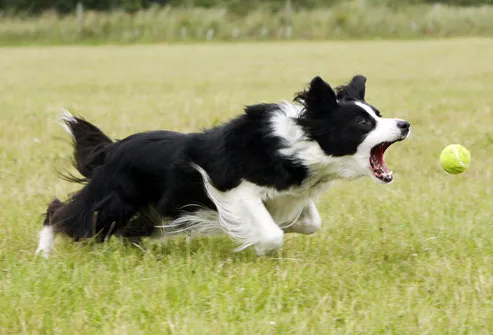
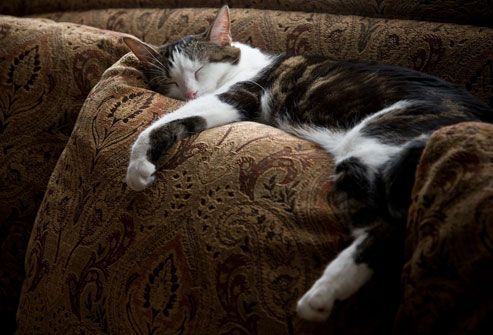

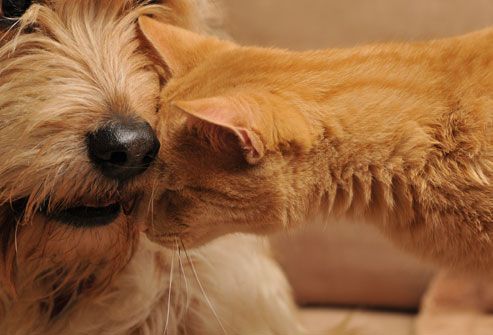

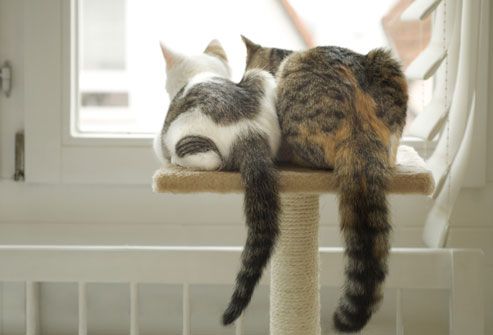
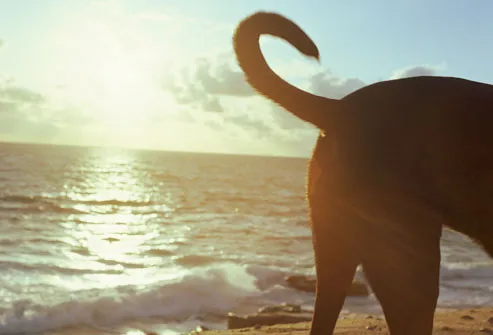

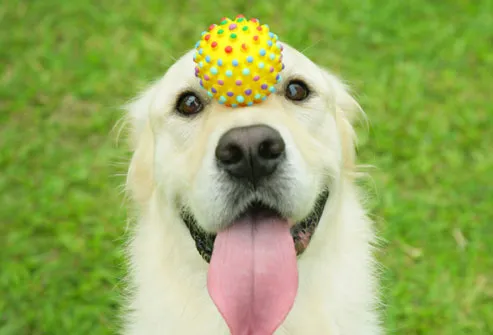
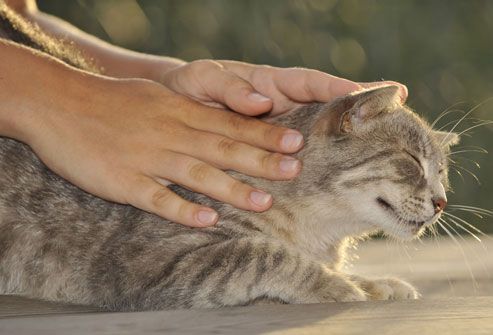

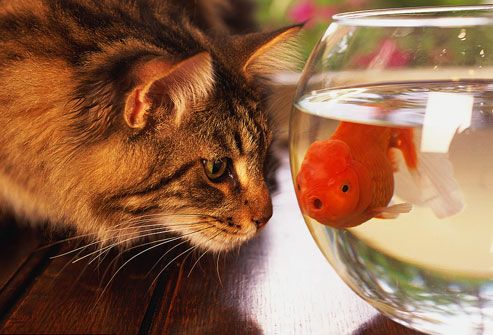



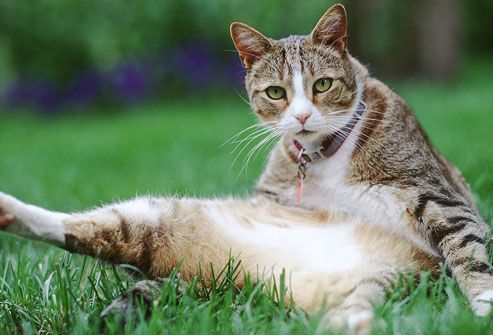
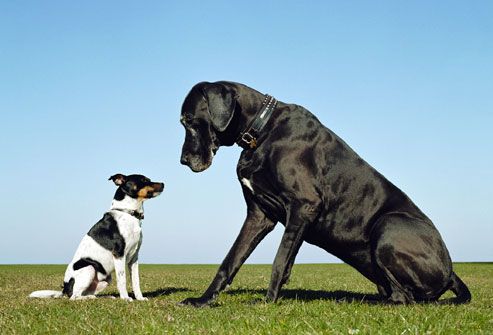

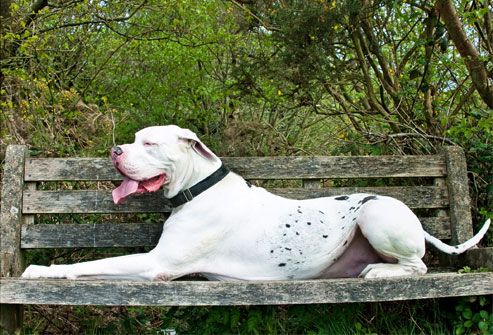



 After Jill Sullivan Grueter's beloved father passed away in 2008, Grueter decided her life needed a change.
After Jill Sullivan Grueter's beloved father passed away in 2008, Grueter decided her life needed a change.  "At the end of the day, at the end of my life I want to make sure I did the best I could with what I have," Grueter says. "I feel we are all here for a greater purpose and I believe that I am here for this purpose, that I can make my dad proud and help save animals, it makes me feel good."
"At the end of the day, at the end of my life I want to make sure I did the best I could with what I have," Grueter says. "I feel we are all here for a greater purpose and I believe that I am here for this purpose, that I can make my dad proud and help save animals, it makes me feel good."

 It may seem unusual that a dog would have a place of honor on the National Fallen Firefighters Foundation Memorial Walk, but
It may seem unusual that a dog would have a place of honor on the National Fallen Firefighters Foundation Memorial Walk, but  Dayna, Sparkles and another adopted Dalmatian, Spanner (who died in 2008), taught kids critical fire safety skills through classroom presentations, their own TV show on PBS’s Sprout channel and a children’s book, Sparkles the Fire Safety Dog.
Dayna, Sparkles and another adopted Dalmatian, Spanner (who died in 2008), taught kids critical fire safety skills through classroom presentations, their own TV show on PBS’s Sprout channel and a children’s book, Sparkles the Fire Safety Dog.  Today, Dayna, Tango and new Dalmatian puppy Siren continue to build on the program that Sparkles made a success. Through in-school presentations, books, a webcast and
Today, Dayna, Tango and new Dalmatian puppy Siren continue to build on the program that Sparkles made a success. Through in-school presentations, books, a webcast and 


